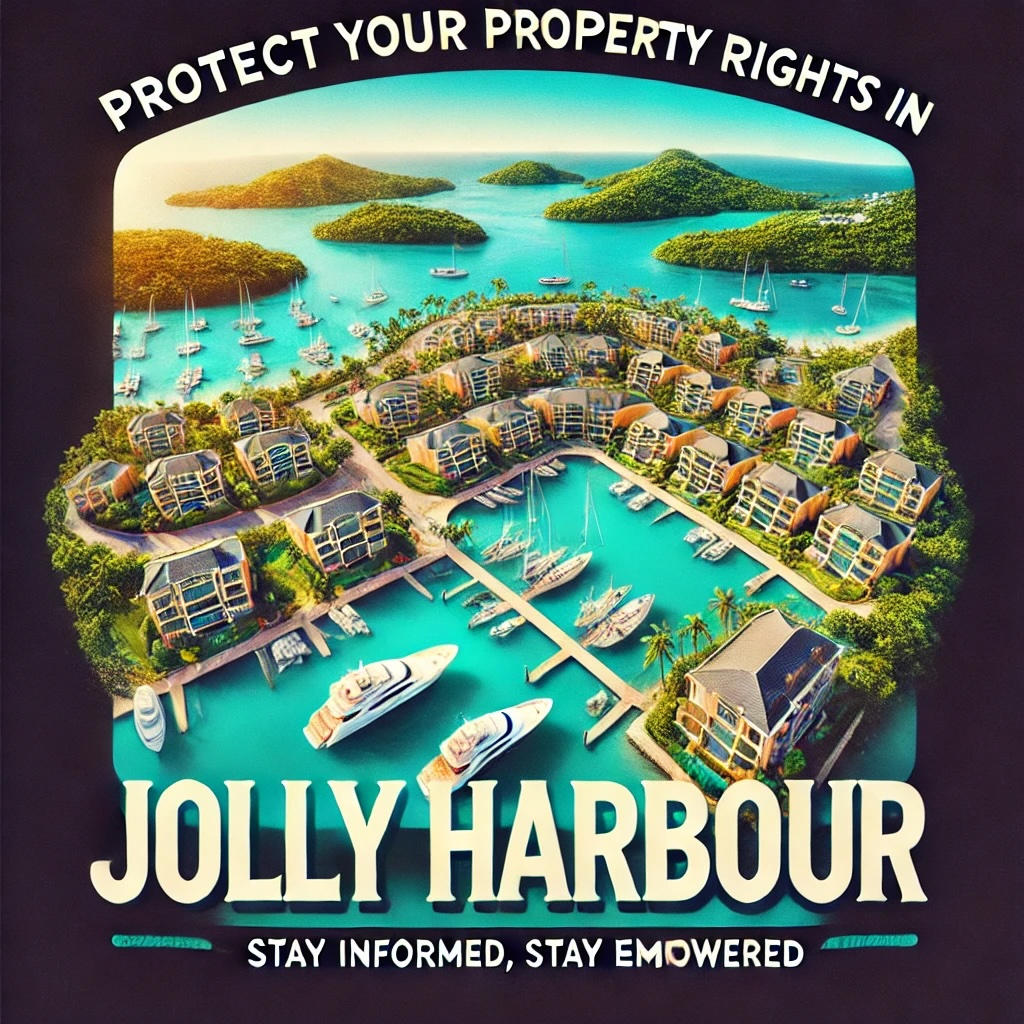1. Introduction
Many Jolly Harbour property owners have learned that Caribbean Developments (Antigua) Limited ("CDAL") no longer purchases external insurance for the assets and infrastructure it owns. CDAL often refers to these as "community assets," but in reality, freeholders only own their individual parcels—the roads, pathways, water pipes, and other installations are owned by CDAL itself, not by a "community" association or body corporate.
Instead of buying policies from third-party insurers, CDAL has opted for a "self-insurance" strategy, channeling certain funds into what was once called the "Sinking Fund" (now re-labeled as the "Property Self Insurance" fund). This development raises concerns about whether it satisfies the Land Transfer requirement for "liability and risk insurance for common areas," and whether owners risk facing additional assessments if CDAL's reserves prove insufficient in a catastrophic event.
Below, we draw on two core references:
- 2024 Budget Q&A (where owners inquired about this self-insurance approach).
- Memo from CDAL's Chief Financial Officer addressing the high cost of traditional insurance and describing CDAL's new plan.
Finally, we offer a suggested message template for owners wanting proof that CDAL's self-insurance adequately fulfills the covenant set out in the Land Transfer agreement.
📄 Full Article Access
To access the complete article: Contact legal -at- jollyharbour -dot- org with your property details to receive the full content.
